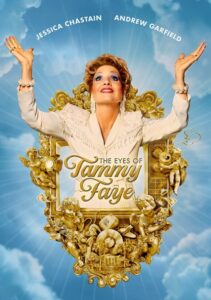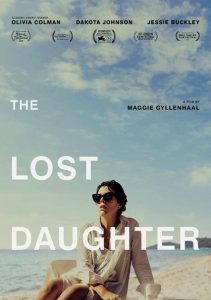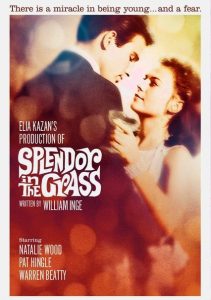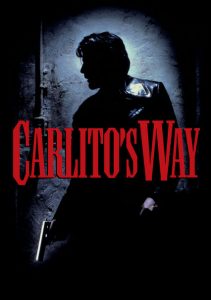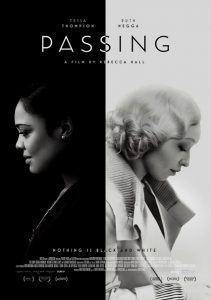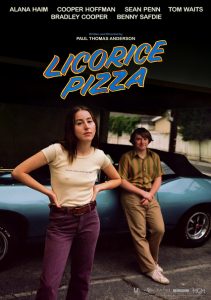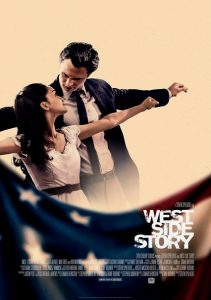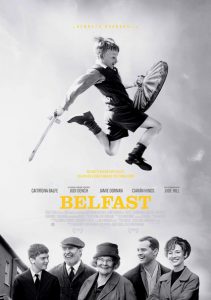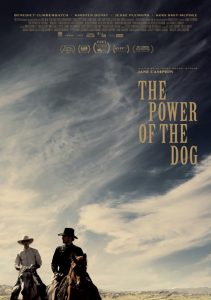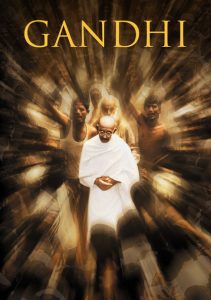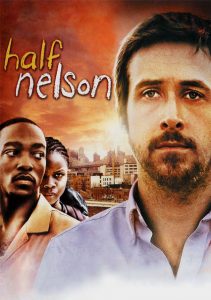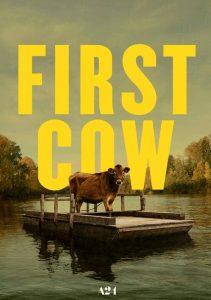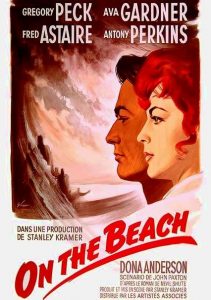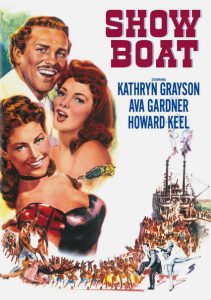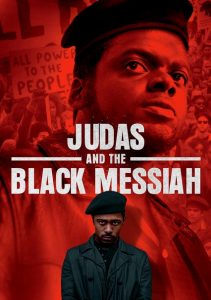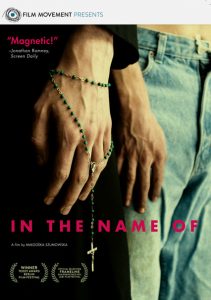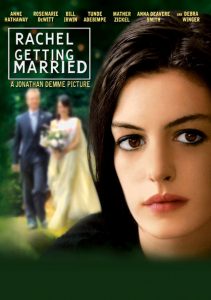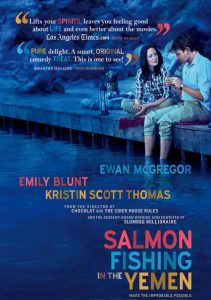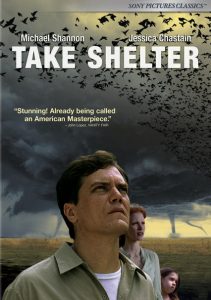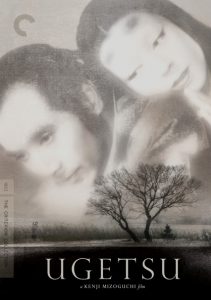The Eyes of Tammy Faye-2021
Director-Michael Showalter
Starring Jessica Chastain, Andrew Garfield
Scott’s Review #1,233
Reviewed February 26, 2022
Grade: A-
When thinking of the name Tammy Faye Baker, usually images of outlandish pancake makeup and ridiculous evangelical spewings are conjured up. Alongside her husband Jim Baker, the duo was prominent and highly visible throughout the 1970s and the 1980s as fixtures of Christian broadcasting.
Naturally, scandals ensued resulting in prison time for Jim and shame and career ruin for Tammy.
The Eyes of Tammy Faye (2021) delves into the thoughts and experiences of Tammy, hence the title. It’s sympathetic material and made me learn much more about the celebrity than I knew of. Other characters like husband Jim and sullen evangelists like Jerry Fallwell and Pat Robertson are explored but Tammy is the main draw.
I love the depiction of Tammy Faye Baker and hats off to a dynamite performance by Jessica Chastain, especially in the final act. Nearly unrecognizable, the actress unleashes a flurry of brilliant scenes and a depiction of a tacky woman winning over an audience.
It is Chastain’s best role yet.
Tammy’s LGBTQ+ community appreciation and thoughtfulness during the A.I.D.S crisis in the 1980s when very few others, especially in her inner circle, wanted anything to do with them is especially powerful and heart-wrenching.
She saw them as human beings when others saw them as lepers. She continued to support the LGBTQ+ community until she died in 2007.
The Eyes of Tammy Faye is an intimate look at the extraordinary rise, fall, and redemption of televangelist Tammy Faye Bakker. The film begins with her humble beginnings in frigid Minnesota and her closeness with her very religious mother, Rachel (Cherry Jones), and her kind stepfather who accepted her as his own.
An innocent college romance with Jim Baker (Garfield) results in marriage and the rise to success in creating the world’s largest religious broadcasting network and theme park, promoting a message of love whilst skimming from the top to enjoy their lavish lifestyle.
Tammy Faye was legendary for her indelible eyelashes, her idiosyncratic singing, and her eagerness to embrace people from all walks of life. However, it wasn’t long before financial improprieties and scandal toppled their carefully constructed empire.
This is the point where the film takes off.
Chastain had me at the very first scene when an extreme closeup of her face, now aging, is featured. Though wacky, she infuses a humanism and kindness into Tammy that immediately made me champion her.
Through trials and tribulations like nearly cheating on her husband to looking the other way amid the financial scandals surrounding her, she always keeps her head held high and fills any room she enters with love and sincerity.
The best scene by Chastain is at the end of the film when Tammy makes a triumphant yet humble return to the stage. As she nervously takes the stage at Oral Roberts University she imagines a stage filled with glamour and pomp rather than the meek one it is. It helps her get through and I wanted to give her a big hug.
All the awards attention has gone to Chastain but Andrew Garfield is nearly as flawless. Complex and struggling with Tammy’s brazen approach, his sexuality, and playing nice with the other major players, he gets his comeuppance but Garfield makes him sympathetic and a fine study.
Directed by Michael Showalter, I feel he could have gone much darker with this film. Sure, there is some sadness like when Tammy overhears a bunch of kids whispering that she is a freak or colleagues mocking her as a clown, but it’s soft touch. The woman battled cancer for years before dying from it but the film ends before any of that even happens.
The Eyes of Tammy Faye (2021) belongs to Chastain and Garfield. It’s a bit glossy and skates over some hard-punching attributes it could have showcased but it balances the camp with endearment and champions acceptance and compassion for one another.
Oscar Nominations: Best Actress-Jessica Chastain (won), Best Makeup and Hairstyling (won)
